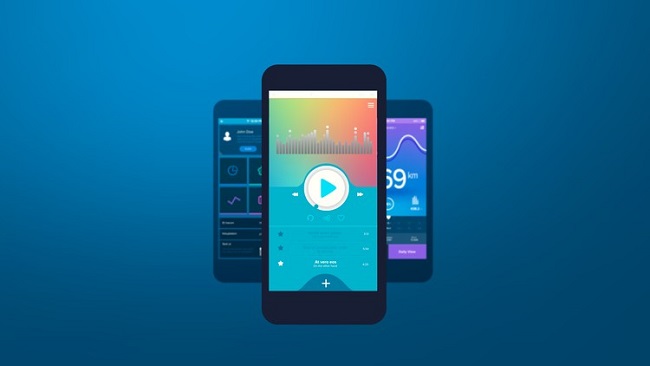Cameroon’s start-ups develop mobile app to help local farmers
Bienvenue Nzonje Ngoul has been growing tomatoes in southwestern Cameroon for four years. His yields have dwindled recently due to unknown diseases.
“My crops are regularly attacked by illnesses and these can cripple you in one day,” Ngoul said. To avoid a repeat of the shock, the young farmer set out to look for a solution.
That is when he met 27-year-old Landry Doko who co-founded Agrix Tech, an artificial intelligence (AI) based mobile application that detects plant diseases at primary stage by analyzing photos of the sick crops, and offers both chemical and physical treatment as well as preventive measures.
Last December, Doko went to Ngoul’s farm to test his work. The farm is in a remote area in Dibombari where the network signal is weak like in most of Africa’s rural zones, but Doko’s app has everything built inside and can be used without internet.
It turned out that Ngoul’s tomatoes suffered from early blight, a common disease that can occur nearly every season. The diagnosis is delivered through text and voice for the easy understanding of farmers who could be less literate. Users can chose standard or pidgin English and French, as well as African languages like Hausa.
“I will go to the market to buy the recommended treatments. This could increase my output,” Ngoul said.
With backgrounds in machine learning, software development, and crop pathology, Doko’s team has now made available a working prototype covering tomato, grape, potato, and corns.
According to the Food and Agriculture Organization (FAO), there are around 33 million small farms of less than two hectares in sub-Saharan Africa, representing about 80 percent of all farms in the region. The ambition of Doko’s team is to help these smallholder famers “sufficiently live from the fruits of their production and at a lower cost.”
“According to our provisional plan, we would be able to help our users avoid up to 40 percent harvest losses in 5 to 10 years,” he said.
If Doko helps farmers clear headache of crop diseases, how to profitably sell the agricultural products remains a key challenge.
For 31-year-old entrepreneur Herve Epome Nzengue, Cameroon farmers hardly get fair pricing of their hard work. Some middlemen buy from them at almost give-away prices then sell at high prices to the consumers.
In March 2019, Nzengue and his team created AgriApp, an online shopping application that connects local farmers directly to final consumers. By the end of last year, some 700 farmers, primarily from the outskirts of Cameroon’ economic center Douala, have put their products online.
Boris Youdom Kamgo runs fish farm in Douala. Three months ago, he was introduced to the app.
“Before, we produced a lot but had difficulties to sell them,” Kamgo said. “Now people can just order for fish from homes and we finally have a solution to commercialize our products.”
Express delivery is one of the key concepts of Nzengue’s business. In Douala where the start-up is headquartered, he built up a team of deliverymen riding made-in-China electric bikes through the city to make sure Kamgo’s fish could still pop out when consumers open the bucket.
“Agriculture is an economic engine for Africa. Agricultural innovations like what we have in Cameroon should provide sustainable solutions for ending hunger and poverty on the continent,” Nzengue said.
Culled from Xinhuanet





